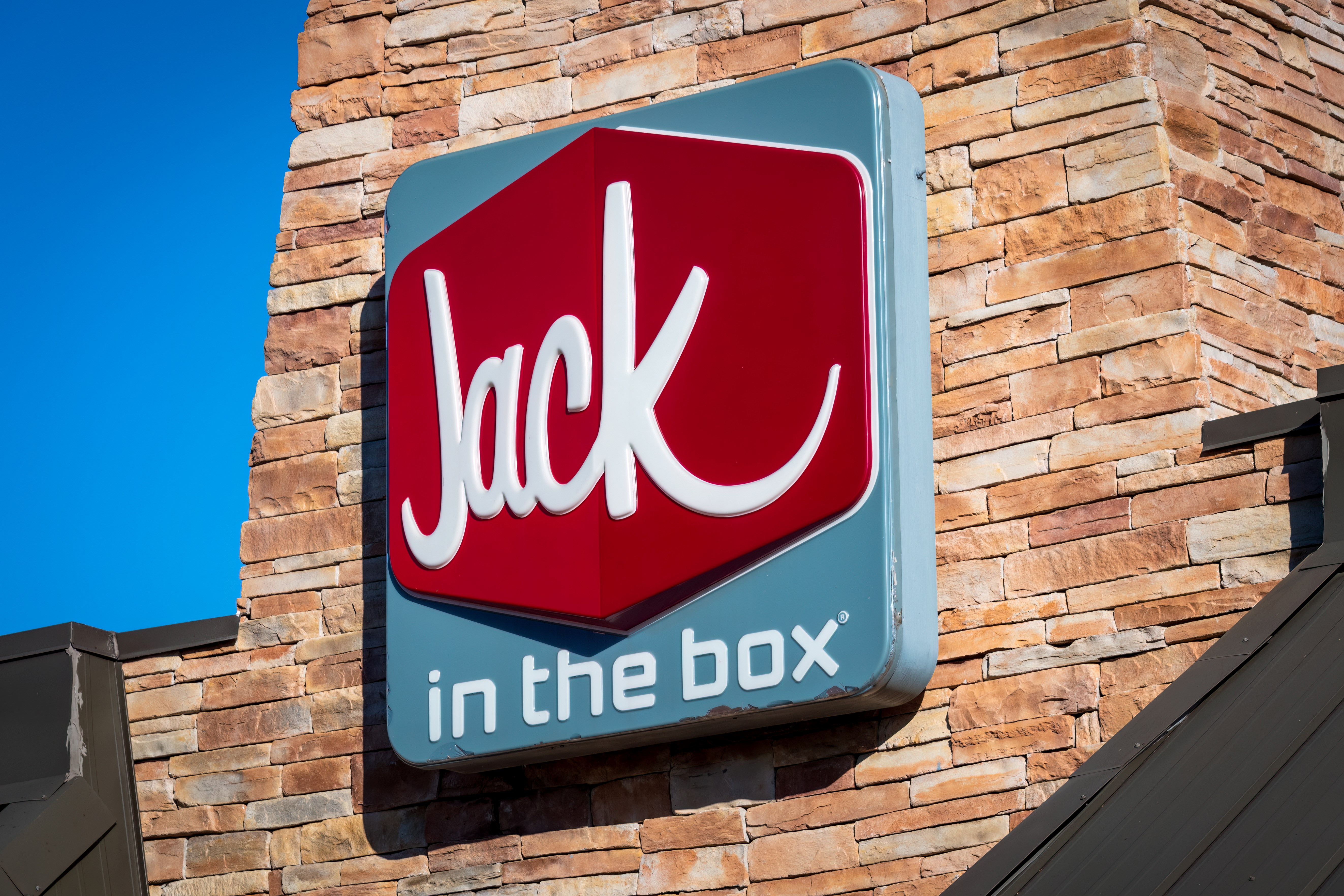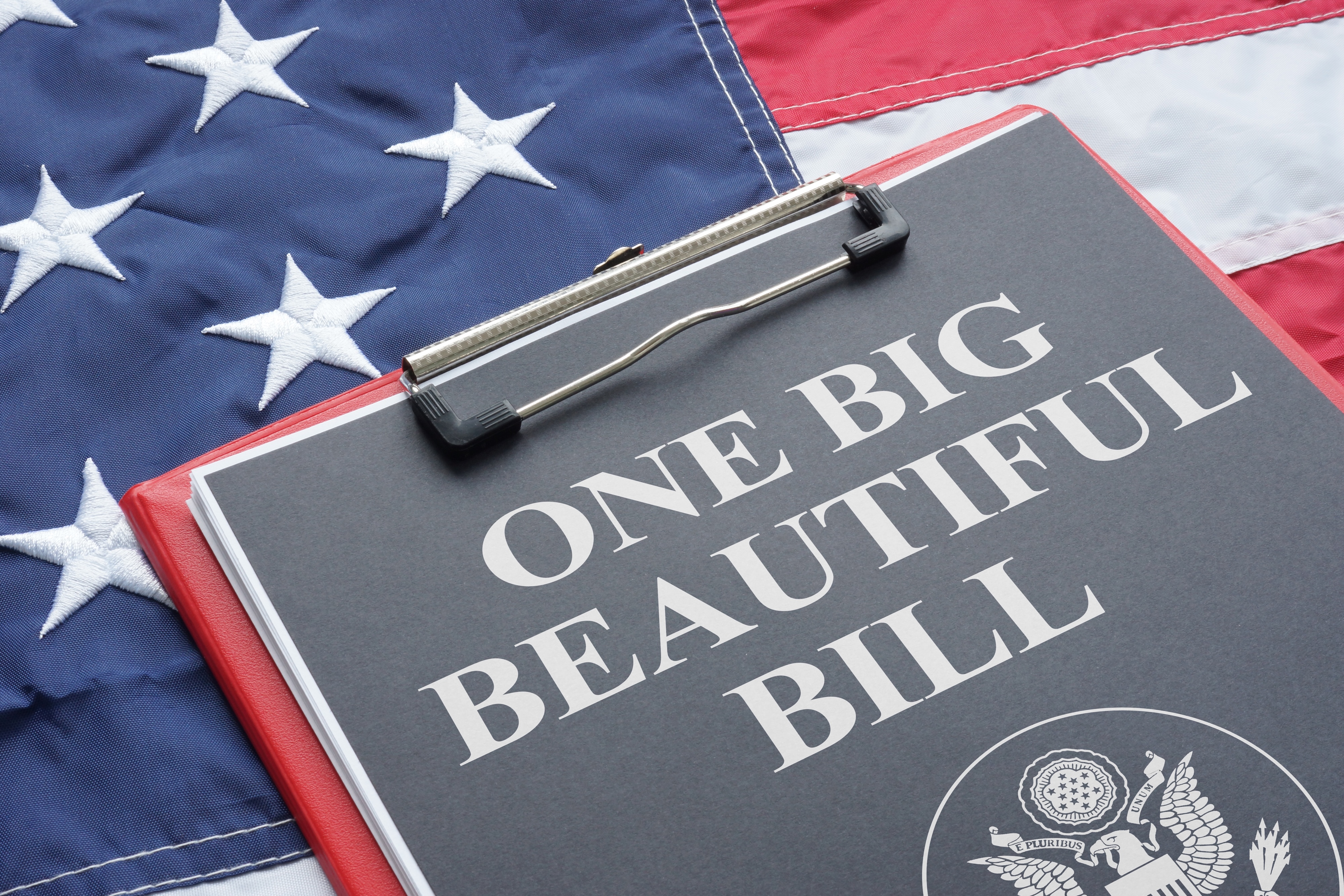Zips Car Wash Bankruptcy Analysis

Comprehensive Analysis of Zips Car Wash Bankruptcy
Overview
On February 5, 2025, Zips Car Wash, one of the largest privately held car wash operators in the United States, filed for Chapter 11 bankruptcy protection in the U.S. Bankruptcy Court for the Northern District of Texas. With assets between $500 million and $1 billion and liabilities as high as $10 billion, the filing underscores a severe liquidity crisis and mounting debt burdens. This article explores the underlying causes, potential outcomes, and the historical context of the company's growth, leadership, capital structure, and real estate strategies.
Background and Causes of Bankruptcy
Zips Car Wash entered bankruptcy with $654 million in funded debt and just $1 million in cash, highlighting a critical liquidity shortfall. The filing aims to shed $279 million in debt and transfer full control to its lenders.
Several compounding factors led to this collapse:
- Macroeconomic Pressures: The Federal Reserve’s aggressive interest rate hikes in 2022 and 2023 significantly increased the company’s borrowing costs.
- Labor Challenges: Persistent labor shortages and rising wages eroded margins.
- Demand Slowdown: Declining consumer discretionary spending led to a broader drop in retail traffic.
- Increased Competition: An estimated 900 new car wash locations opened annually over the past five years, saturating the market and reducing Zips' pricing power.
These elements created an unsustainable operating environment for the company, already burdened with high leverage from aggressive expansion.
Restructuring and Likely Outcomes
The Chapter 11 filing is part of a pre-negotiated restructuring plan designed to streamline operations and shift ownership to secured lenders. Key components include:
- Debt Reduction: $279 million in funded debt will be eliminated.
- New Capital Structure: The plan involves issuing $375 million in take-back debt.
- Operational Liquidity: A $15 million revolving credit facility will support post-bankruptcy operations.
- DIP Financing: Zips has sought approval for an $82.5 million debtor-in-possession (DIP) loan, including $30 million in new money from secured creditors.
The company expects to exit bankruptcy within two to three months, operating without disruption to its services. Notably, the customer membership model and express tunnel operations will continue during the restructuring.
Control will transfer to existing lenders, including firms like HPS Investment Partners, PennantPark Investment Corp., and Brightwood Capital Advisors.
Company History and Growth
Founded in 2004 in rural Arkansas, Zips has grown to become one of the top 10 car wash brands in the nation. Headquartered in Plano, Texas, the company has expanded to over 260 locations across 23 states under multiple banners including Zips, Jet Brite, and Rocket Express. In 2022, it notably acquired Jet Brite Car Wash, further consolidating its presence.
Zips currently washes approximately 24 million vehicles annually and reported $303 million in trailing twelve-month revenue as of early 2025.
Leadership and Strategy
Zips’ aggressive growth was spearheaded by a leadership team focused on technology-driven customer experience and membership expansion. CEO Gene Dinkens has led the organization through this period of transformation, while David Miller, appointed in April 2023 as SVP of New Business Development, brings over two decades of industry experience.
The company’s service model emphasizes convenience through express tunnel washes and subscription-based offerings like ZIPS Unlimited™, aligning with broader retail trends.
Role of Capital Partners
Atlantic Street Capital (ASC) has played a central role in Zips’ growth trajectory. After an initial investment in 2020, ASC doubled down with a continuation fund in 2022 and injected an additional $70 million in June 2024 to improve operations and customer experience.
These investments contributed to a sixfold increase in EBITDA since 2020 and enabled the company’s acquisition-driven expansion. However, the capital-intensive strategy also contributed to the high debt levels that became unsustainable amid economic headwinds.
Real Estate Strategy and Potential Sale-Leasebacks
Although specific sale-leaseback transactions involving Zips are not publicly confirmed, such arrangements are common in the car wash industry. Competitors like WhiteWater Express have leveraged sale-leasebacks with real estate investment trusts like Getty Realty Corp.
Given Zips’ extensive real estate footprint, it is plausible that similar mechanisms were used to unlock capital for growth, even if not explicitly documented. Sale-leasebacks often offer liquidity at the expense of long-term lease obligations—potentially contributing to Zips’ lease liabilities now under scrutiny in bankruptcy proceedings.
Conclusion
Zips Car Wash's bankruptcy marks a significant inflection point in the highly competitive and capital-intensive car wash industry. While the company remains operational and aims for a swift emergence from Chapter 11, the case highlights the risks of rapid expansion funded by debt in a volatile macroeconomic environment. With new ownership and restructured finances, Zips may regain stability, but the road ahead will require disciplined growth, lean operations, and prudent capital management.
Related posts
You may also find these articles interesting








